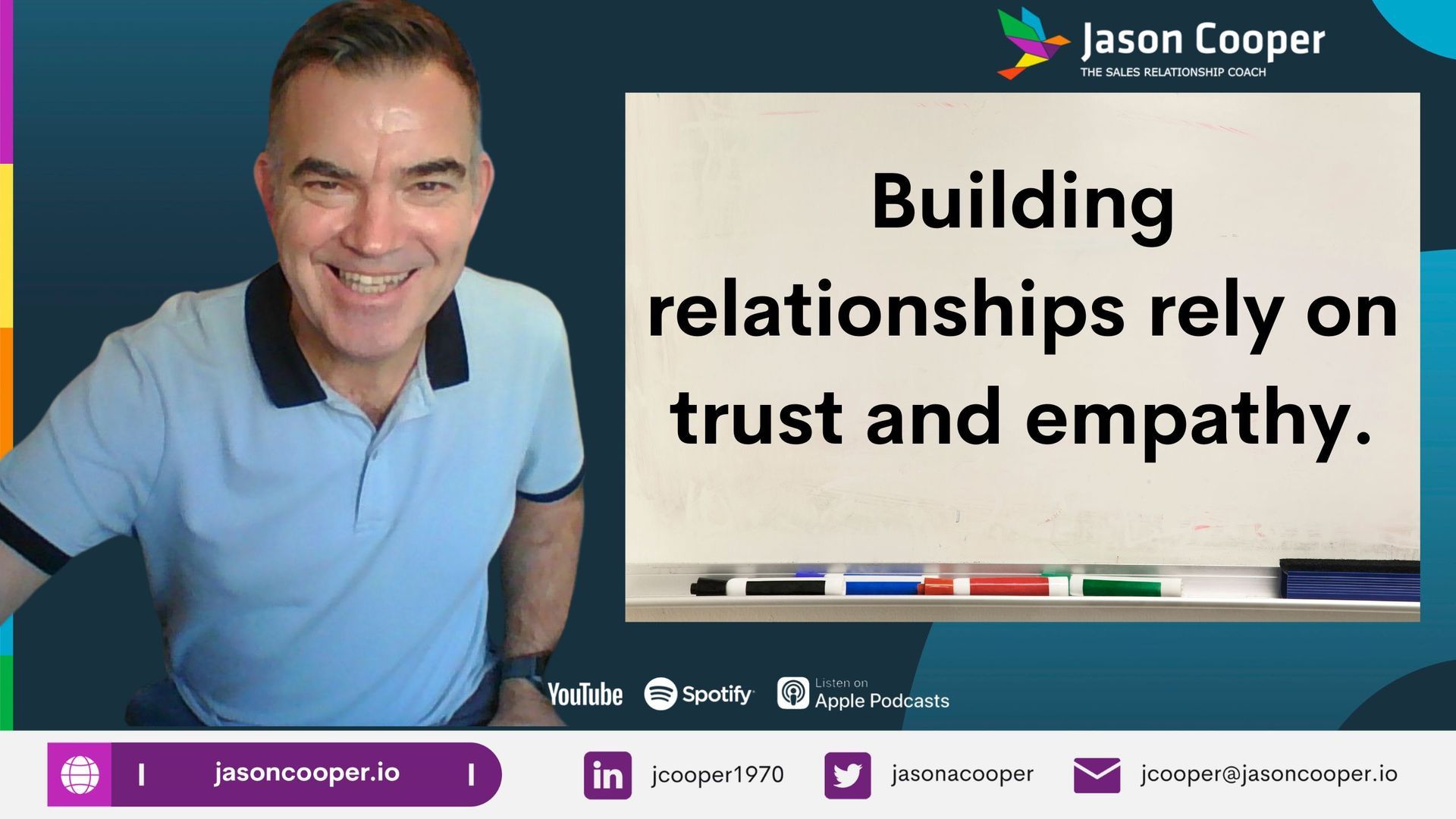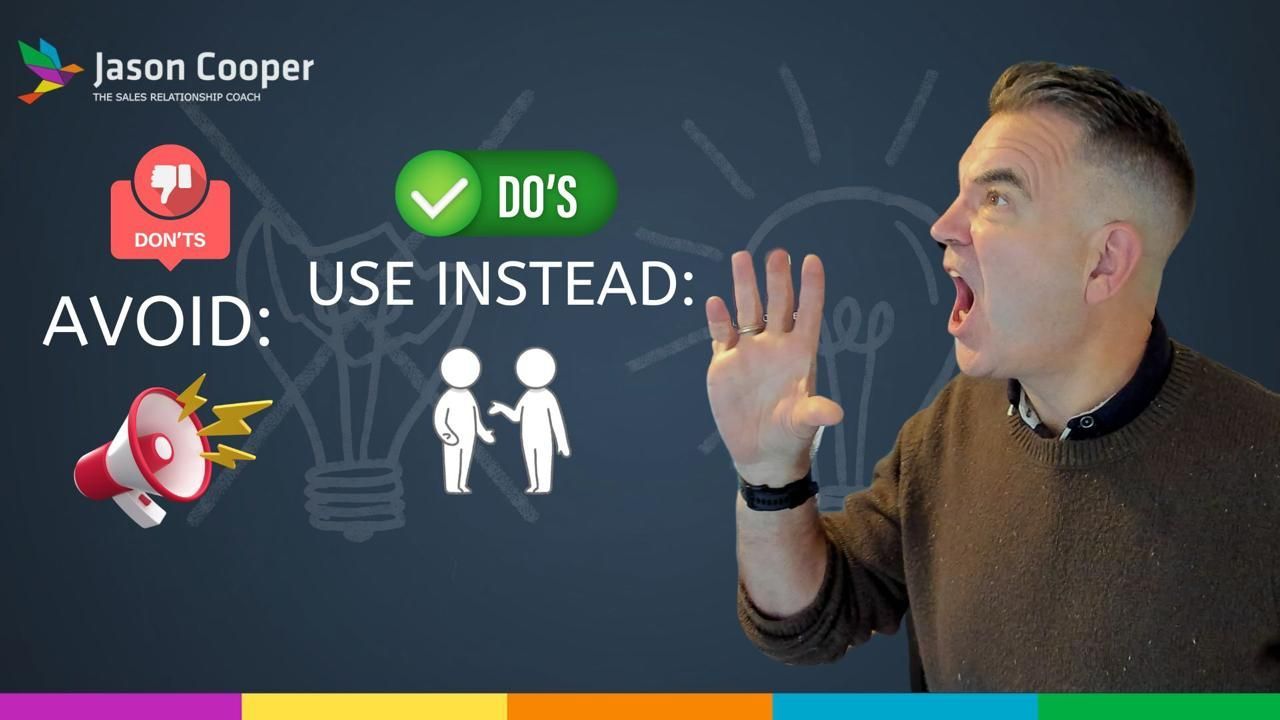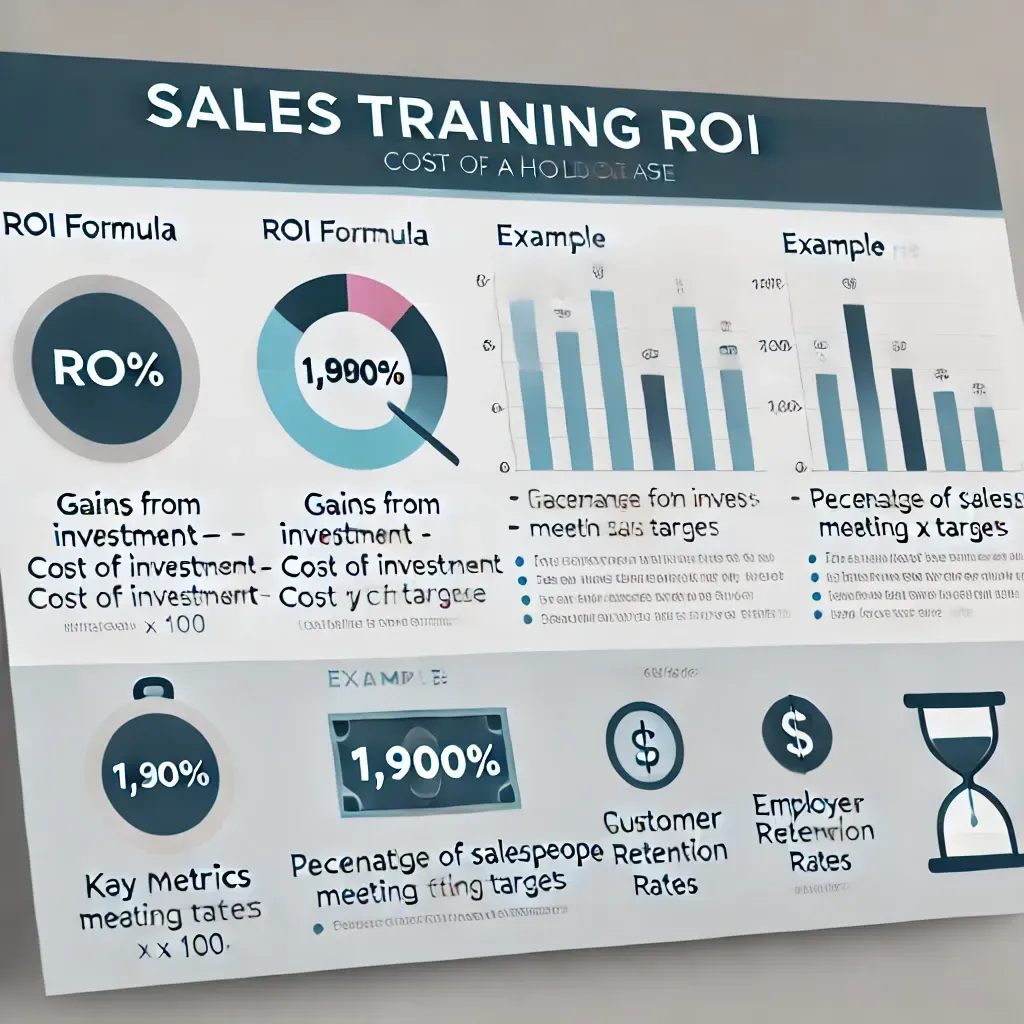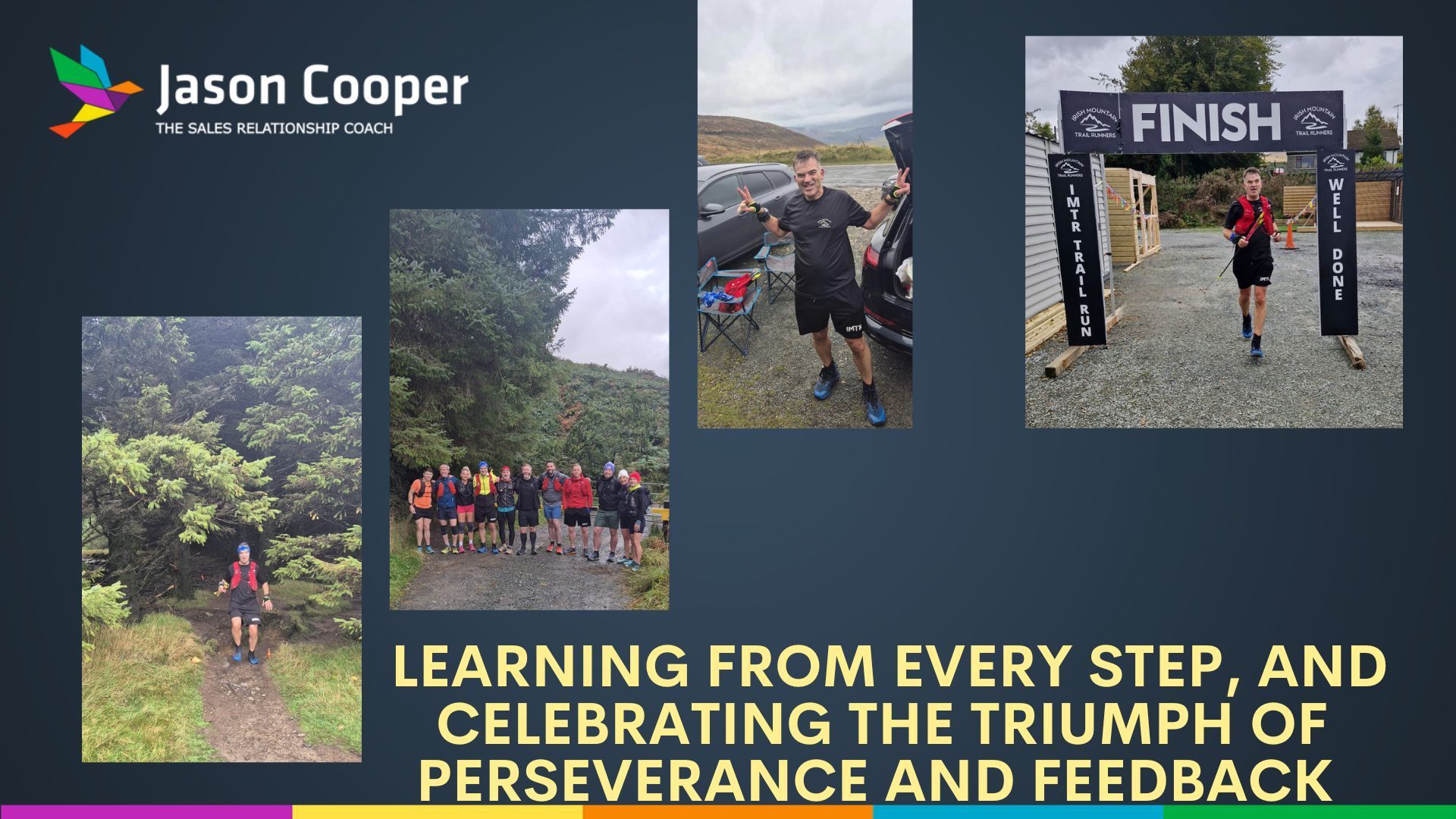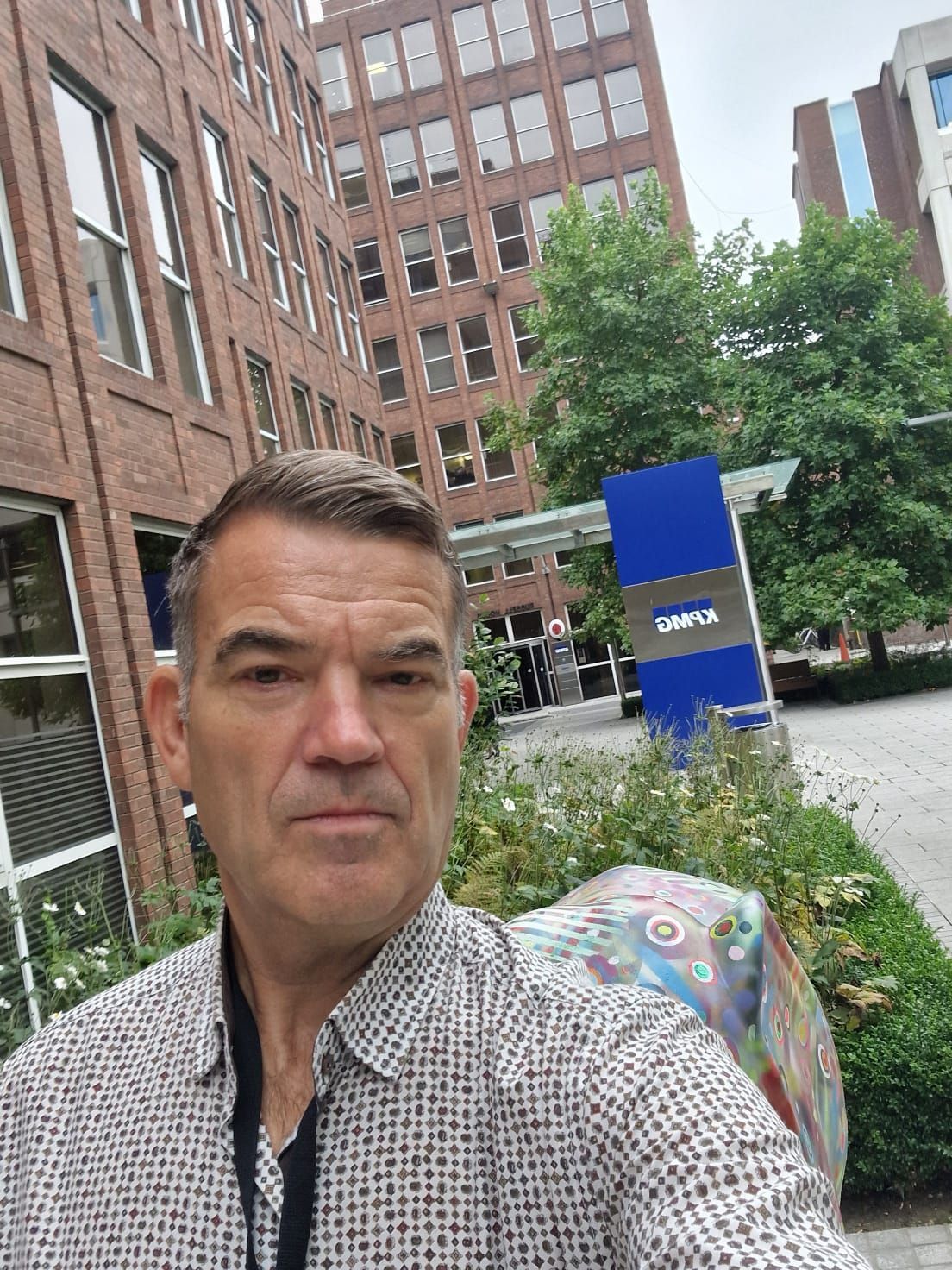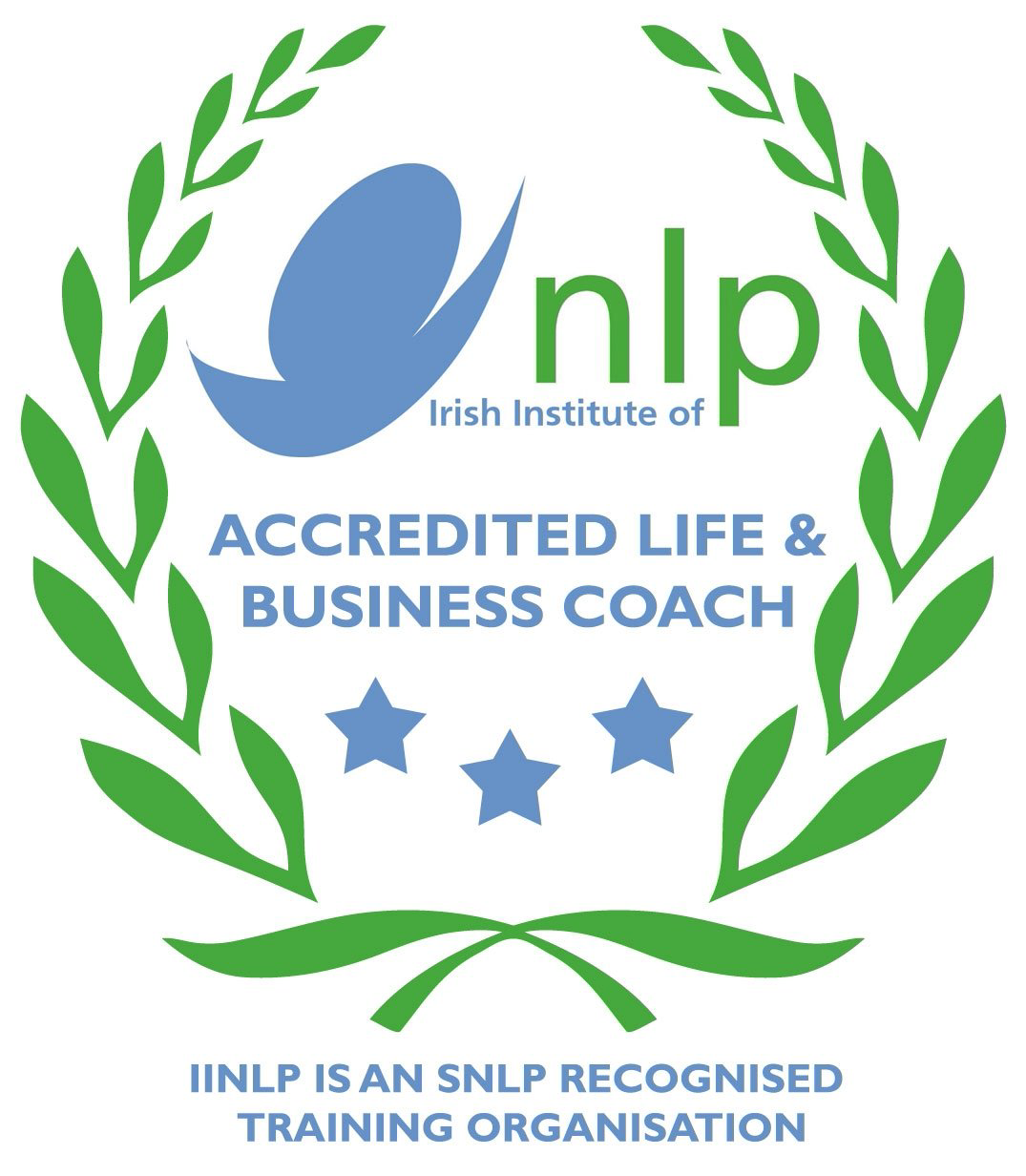Qualities to aim for to bring you success in sales relationships
Every sales team understands that the qualities defining their sales manager may break or make their individual successes. Also, while consumer behaviors change and processes evolve, there are key qualities of effective sales leaders that never change. After decades of experience in the field and talking with the top global sales leaders and coaches, here’s what we agreed on:
1.
Adaptability
Nothing has brought out the need for adaptability like the ongoing Covid-19 pandemic. Sales organizations that relied heavily on face-to-face meetings have had to quickly learn how to take their activities online by adopting remote sales and virtual negotiations. Thousands of businesses that couldn’t evolve fast simply had a pity party and shut down.
As a sales leader, you have to be the most adaptable member of your team, taking on every new challenge with excitement and embracing the opportunity to learn. Do that and with every change, your team will take up on the new spirit willingly and stand out from the rest.
Adaptability is also vital to the way you deal with each member of your team individually. You have to acknowledge the diversity of sales styles among your salespeople and their role in achieving overall success. Having high coaching adaptability will ensure your styles suit each team member.
2. Getting Feedbacks
Forget about what your friends and family tell you. Society dictates that we support one another but, unfortunately, that is not always what you need. Genuine, honest feedback is often more guaranteed when you approach strangers. They are more probable to point out the merits and faults in the plan.
But this does not mean you shouldn’t look for feedback within the company. Consulting with upper management and salespeople alike is just as important. After all, you are working towards more or less the same goals.
On the flip side is giving feedback to your team, both positive and negative. When doing so, you don’t want to be vague, lean on one side too much, or psychoanalyze your team members. Instead, you want to communicate specific messages clearly, so that there is no doubt concerning whatever they did right or wrong and its impact on their performance.
Of course, the message delivery, too, has to be just right. Cultivate a spirit of openness as far as giving and receiving feedback within your team goes and always acknowledge the situation’s uneasiness when giving negative feedback.
3. Collaboration and Listening
Collaborative leadership never gets old. Sometimes you just have to trust your salespeople and lead from the back. You never know all the answers – someone on your team always understands a few things you don’t in key areas. Letting them share their thoughts is how you collectively come up with great ideas.
What’s more, try taking a carrot-on-a-stick approach. One great approach would be to ask each of them whether they would like to earn more. Obviously, they will all give a “yes”. Then, ask what they can do for the organization to make you give them more money.
Or better yet, get cautiously involved in their life, understanding their dreams and goals. Even a phone call to check up on their family would suffice. This is how you slowly motivate your salespeople to work towards a dream rather than a paycheck. And nothing is more effective than an employee working on a clear dream they know is achievable.
4. A Clear Purpose
A successful sales leader is clear on the team’s purpose. They also link that purpose to the daily activities they undertake. Losing sight of that common goal is how a lot of things begin to fall apart.
Consider writing down all your IPAs (Income Producing Activities) – like face-to-face meetings, zoom calls, and social media posts – and assigning each one of them points based on how many conversions you expect. Based on percentages, are you on track to achieving your purpose, or are there any areas lagging? Clearly defining your general purpose as well as that of each IPA enables you to take full advantage of all you’ve got.
Also, what are the relationships you have, want to form, and what do you expect from them? Each relationship you form with a prospect, customer, or other sales leaders must have a purpose, much like you do. Ask yourself what problems they are facing today and how you might be of help tomorrow. Then, find a way to be the remedy.
5. Learning Continuously
You are never the best, at least not in every way. The big idea here is to keep learning in every way possible. Get something new from your mentors, senior executives, juniors, customers, and challenging situations. Learning just never stops!
Summary
It takes a lot to be an excellent sales leader. While you might have had to be egotistical, too competitive, or perhaps somehow selfish as a successful salesperson, being the leader takes a whole different angle. You’ve now got to learn how to take the backseat sometimes, listen to your juniors, give and ask for feedbacks cleverly, adapt swiftly to new conditions, keep your eye on the prize, and, whatever happens, never stop learning.
High Performance Blog

We talk about the use of humor to humanize the whole selling process. We talk about building trust and resilience. We talk about a little bit of neuroscience as it pertains to buyers and sellers. Jason does a little bit of research and work in that category. Those following us closely know I guested on Jason's podcast, The Global Sales Leader Podcast, which was super fun. We’re looking forward to continuing the conversation on the show.


